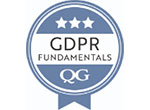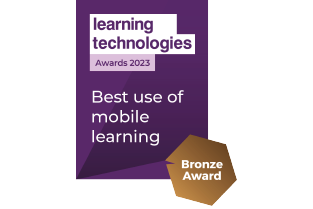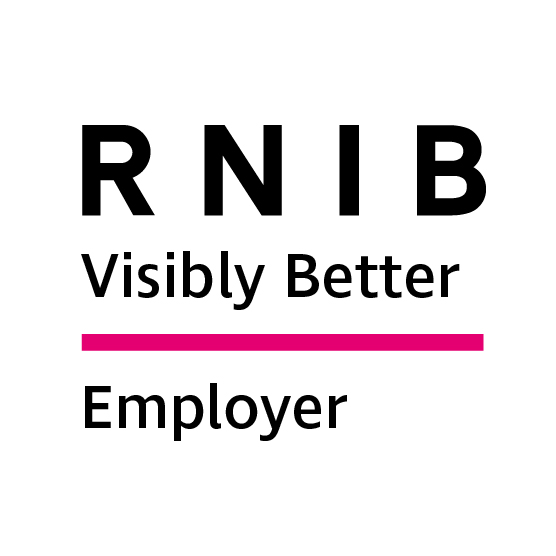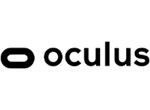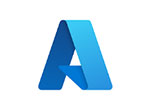Navigating reputational risk in online high-stakes assessments
High-stakes assessments are crucial for the credibility of educational and professional organisations. While Artificial Intelligence (AI) offer unprecedented efficiency and analytics, it also bring with it a host of new challenges, including ethical considerations, reliability, and, ultimately, risk to an organisation's reputation. Navigating this complex landscape involves more than merely keeping pace with technology. Especially when reputational risks are at stake, the need for human oversight in a modern digital eAssessment solution becomes a necessity.
So, how can we harmonise the best of both worlds—the precision of AI with the ethical stewardship of human oversight—to build assessments that are both cutting-edge and trustworthy? Read on to explore this delicate balancing act.
Posted 19 September 2023
Trust, reputation & assurance: the three pillars
In today's socially connected world, the standing of any awarding organisation is cemented by its credibility, which rests on the trio of trust, reputation, and assurance. Compromising any of these foundational elements can have cascading consequences, eroding confidence among educators, employers, regulators, and those taking the assessments. This impact is far-reaching, extending beyond the immediate realm of the organisation to influence broader educational and professional landscapes. Given these stakes, there is an urgent need for assessment systems that are balanced, reliable, and uphold ethical standards.

The significance of reputation protection
Reputational risk management isn't just about crisis avoidance; it's about building a consistent track record of excellence and fairness that stands up to scrutiny. For example, in 2020, an algorithm used for grading A-level students in the UK was accused of systemic bias against students from disadvantaged backgrounds. The reputational damage was extensive, affecting not just the awarding body but also higher education institutions and employers who rely on these assessments.
Such incidents underscore the need for a robust, ethically compliant digital assessment system that also incorporates human oversight to avert crises.
Balancing AI and human judgement
AI systems, while unparalleled in their capabilities for data handling and analysis, have limitations when it comes to ethical and nuanced judgement. Unlike AI, a human proctor reviewing a remote proctored session can consider a host of factors such as context, timing, or other evidence that AI might not take into account, allowing for a more nuanced assessment. Additionally, human judgement can provide equitable treatment by recognising individual circumstances, making it particularly useful for high-stakes exams where test-takers could be significantly impacted by stress and anxiety.

Versatility & adaptability: meeting the diverse needs of assessment
Today's educational landscape calls for assessment systems that can adapt to a range of needs. A modern digital eAssessment solution should be flexible enough to support both formative and summative assessments. In practical terms, this flexibility allows the system to support real-time quizzes with immediate feedback for formative assessments, while also accommodating in-depth analyses and comprehensive reports for summative evaluations.
Setting the benchmark and future-proofing assessment integrity
In an era of rapid technological advancement and heightened scrutiny, eNetAssess offers a balanced, reliable, and ethically mindful pathway for high-stakes online exams. The platform incorporates a variety of features that align with the essential pillars of trust, reputation, and assurance. From robust assessment authentication to human oversight in remote proctoring and real-time feedback, these features are designed to meet the evolving needs of educational and professional communities.

Recent Posts
Mastering remote & hybrid learning with analyticsHarnessing data for future-proof workforce training
Bridging Worlds: Aligning personalisation with compliance in workforce learning
Optimising your workforce training for better performance
Towards a superior learning experience with analytics





